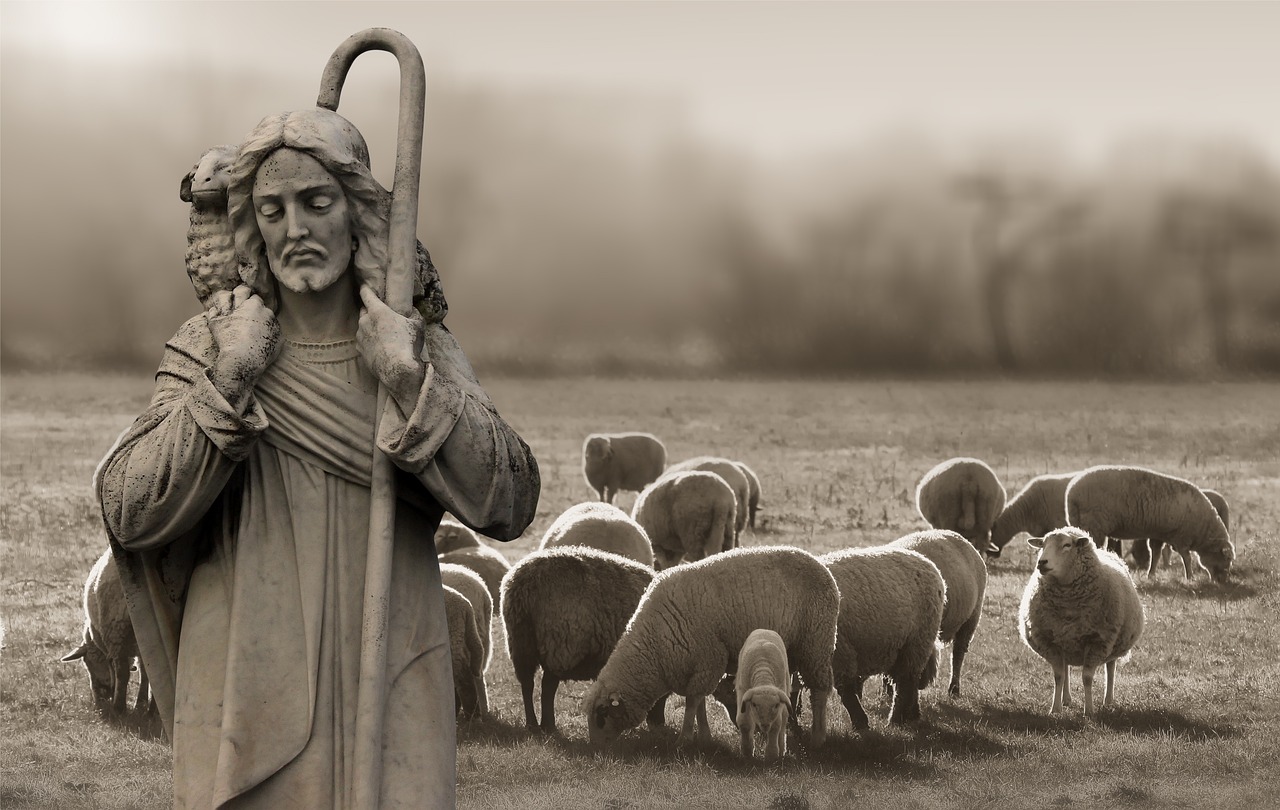
Year C

Discover the deeper meaning and connections found in this week's readings, through these great commentaries written by our priests.

Explore this week's readings and hear what God is saying to us through His Word.

Find out more about how we can mark this special day in our liturgy.

See our music recommendations for the liturgy.
This Sunday, we celebrate the Solemnity of our Diocesan co-patron, St Edmund of Abingdon. Edmund was a teacher of mathematics and dialectics, a Doctor of Divinity, a wonderful preacher, and was appointed as Archbishop of Canterbury in 1233. He is venerated as an energetic and reforming bishop, a peacemaker, as well as being an effective spiritual writer and highly accomplished commentator on the Scriptures. He was a defender of justice, and discipline, particularly in high quarters which brought him into conflict with King Henry III and others opposed to his values. He was canonised in 1246, just six years after his death.
In our readings today we hear the calling of Jeremiah, the Lord putting out his hand to touch Jeremiah’s mouth and saying to him, “Behold, I have put my words in your mouth.” We are called to “Proclaim the wonders of the Lord among all the peoples” in our response to the psalm. In the Gospel Jesus asks Peter three times, “Do you love me?” before telling him to go out and “Feed my lambs, my sheep.”
Throughout his life as a devout Catholic, Edmund embodied this role of shepherd of the flock, which God enjoined on Jeremiah and Jesus on Peter and the apostles. There was no doubting Edmund’s love for Christ, and he fed and tended those sheep entrusted to him with the greatest care. He gave away much of his income to charity, spent hours in prayer and on proclaiming the gospel, helping others to come to Christ through his Church.
The world finds itself at a crossroads today. Like Henry III, those who hold, or aspire to hold high office in this country, and around the world, seem to have lost the light of the Good News in their lives. There is an ever-growing disparity between the richest and poorest, a desire to take advantage of the weak and to oppress and to persecute those most in need of help, rather than to do the things which would alleviate their poverty and pain. As our co-patron, let us pray to St Edmund for his help in fighting for justice as he did, fighting for those who are unable to do so for themselves, to stand up for the principles of the Gospel, the two greatest commandments, Love of God and Love of Neighbour, whoever and wherever they may be, and in whatever circumstances they find themselves.
St. Edmund is the Second Patron of the Portsmouth Diocese, and so his feast day, kept as a Solemnity, takes the place of the usual Sunday prayers and readings.
St Edmund was born in Abingdon in about 1175 and died on this day on his way to Rome at Soisy in France. He was canonised in 1247. Edmund is remembered as a teacher (reputedly one of the first to teach Aristotle at Oxford), a man noted for his organisational abilities, and, as the Collect for today’s Mass says ‘vigilant over integrity in public office and discipline in religious life.’ His opposition to the policies of King Henry III led to his virtual exile.
Note: These hymns have been chosen from the Laudate hymnbook;
987, Mine eyes have seen the Glory
629, I am the bread of life
801, Love divine, all loves excelling
661, O Godhead hid

Do you have questions about the liturgy and how we are called to participate in it? Explore how the Church councils, saints, and popes have answered this key question and many more.

Every movement of the Mass is rich in meaning but we can become over-familiar with it. Rediscover the Mass and explore how it relates to the Exodus story, where many of its rituals come from, and how it makes Jesus present to us today.